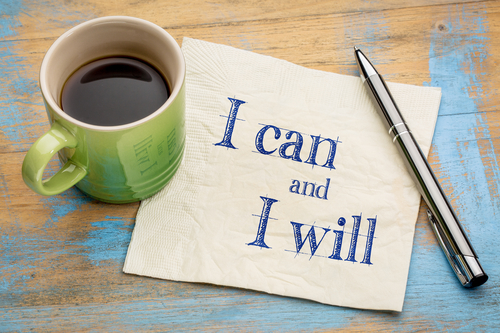
Depression and Serious Disease
It is probably not uncommon to associate depression with serious disease.
Not all diseases elicit the same depressive response.
Consider these statistics: by Therese Borchard
• Nearly 50 percent of asthma patients have symptoms of depression.
At least 40 percent of people with Parkinson’s disease experience depression, and
anxiety is often reported.
45 percent to 65 percent of people who have had a heart attack live with
depression.
The lifetime risk for depression in people with multiple sclerosis (MS) is 40
percent to 60 percent.
Nearly 30 percent of stroke patients develop depression.
In addition, it is experienced in: Dementia, hypertension, diabetes and cancer” (
Therese Borchard, 10 Diseases That Make Depression Feel Worse, Everyday Health.com)
Grief is common in people facing the end of their lives as a result of a terminal
illness. It’s a feeling that can cause a terminally ill person to experience even more pain
than they do from their illness. However, it’s considered a normal reaction to their
situation.
“But in many terminally ill people, grief evolves into depression. In fact,
researchers at Baylor University Medical Center believe it affects up to 77 percent of
people with a terminal illness.”(Depression in the Face of a Terminal Illness and Death,
healthline.com/health/depression/terminal-illness)
Ewan Hector’s story, “When I first started my healing process, professionals told
me two things which sounded incredibly weird and wrong, as if they completely
misunderstood depression. They sounded topsy-turvy. But after a while what they said
proved to be true. The third is something I worked out.
1. Actions come before feelings. My generation has been told that what you feel is more important
than how you act. Thus, “you should only do what makes you happy (as long as it doesn’t harm
others). But when we’re depressed, we lose interest in the very things that used to make us happy.
And the things which didn’t make us happy, those chores which we already loathed, grow from a
wee hill into an impassable mountain. So we do neither the things which normally would make us
happy, nor the things which we need to do for survival. This is destructive. When we’re depressed
if we wait until we feel we want to do something we never will. So we need to learn to do things
regardless of how we feel about them, whether we are overwhelmed by them or completely
apathetic. Doing the dishes (or eventually throwing them in the dishwasher) may not make us
‘happy’, but that’s not the point. ‘Happiness’ is transient. Tidying the kitchen is about clearing the
workspace, to help you think things through and clear your headspace. Brushing the floor is about
sweeping aside feelings that tell us we can’t do it and we’re not good enough. Most importantly
doing any of these things proves to ourselves that we can climb the mountain. And that’s an
experience that lasts through each successive bouts of depression. You can say “I’ve climbed this
before. I can climb it again.”
2. What you’re experiencing is normal. My psychologist said that. I stared in the middle distance and
protested her point. But she didn’t say that to minimize what I was going through. She said it to make me realize that comparing myself to others by saying “well they’re able to cope” wasn’t
helpful. She told me that it was normal to feel these emotions from time to time. Someone else
might feel them to a lesser degree or the same degree but has learned through years of experience
how to cope. To look at their outward lives and determine that they are much better than I and
therefore I’m a failure because I should, like them, be able to cope is downright foolish. She also
said this to help me think what my normal is; what “healthy” looks like to me, what coping looks
like to me. That was a light bulb session as I was then able to focus on what I was feeling without
the baggage of societal expectations.
3. Healing isn’t like healing from most physical ailments. There are some preventative drugs, but by
and large we go to the doctor, get some pills or have treatment until the symptoms go. Depression
isn’t like that. I need to keep doing the things I need to do to keep me healthy, to minimize the
likelihood of another bout. To everyone else, these are just normal adult responsibilities, but to me
they are a life-line.” (Ewan Hector, What are 3 weird tips about depression?,
https://www.quora.com/What-are-3-weird-tips-about-depression/answer/Ewan-Hector-1)
Being depressed can make you feel helpless. You’re not. There’s a lot you can do on your own
to fight back.
“In most cases, a complete treatment plan for dealing with depression includes psychotherapy,
also called “talk therapy.” The therapist, a psychiatrist, psychologist, or other mental health
professional, can help you overcome depression.” (www.everydayhealth.com/depression/treating)
This is where Counseling on Demand comes in.
We are online at counselingondemand.com
Effective online counseling…Only a click away